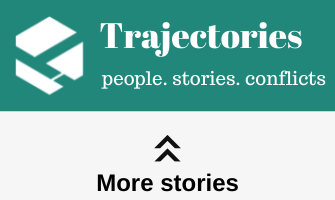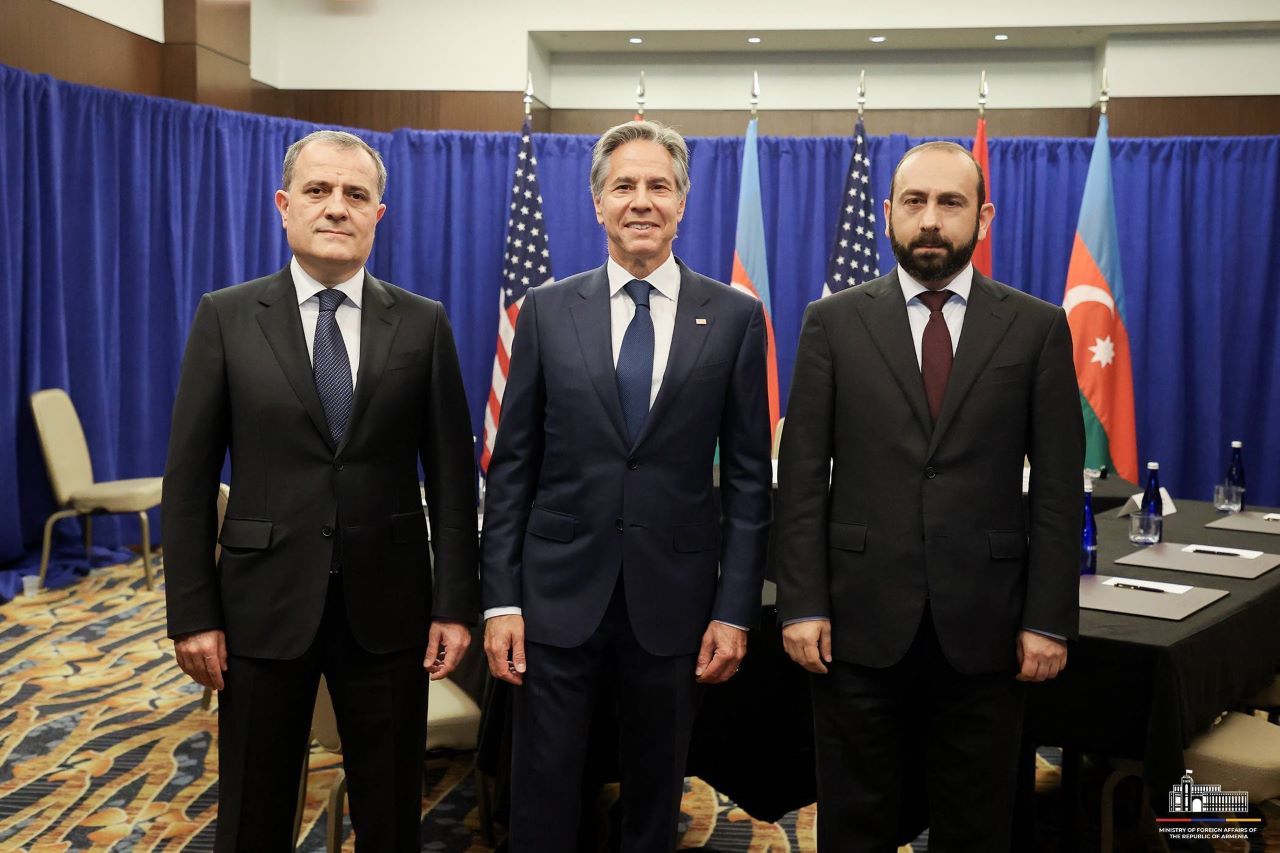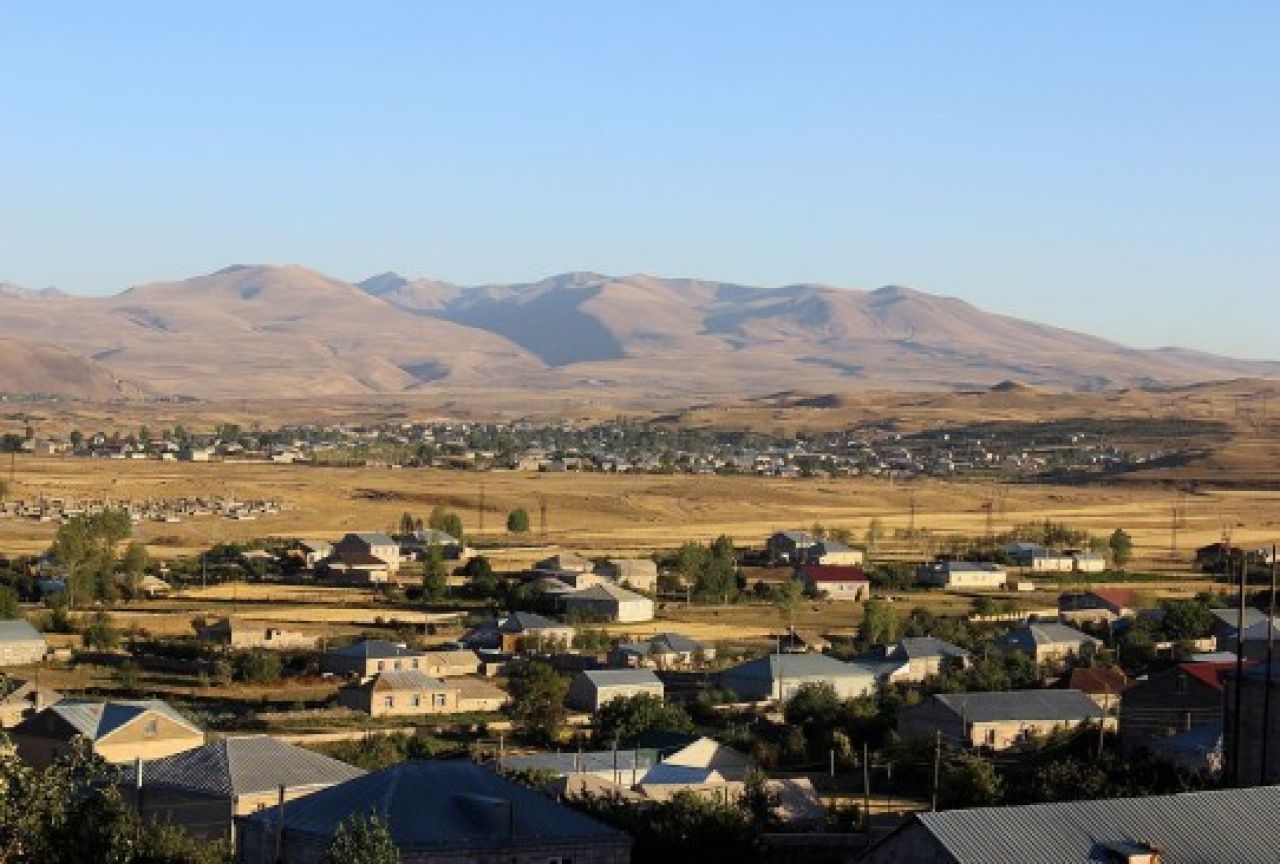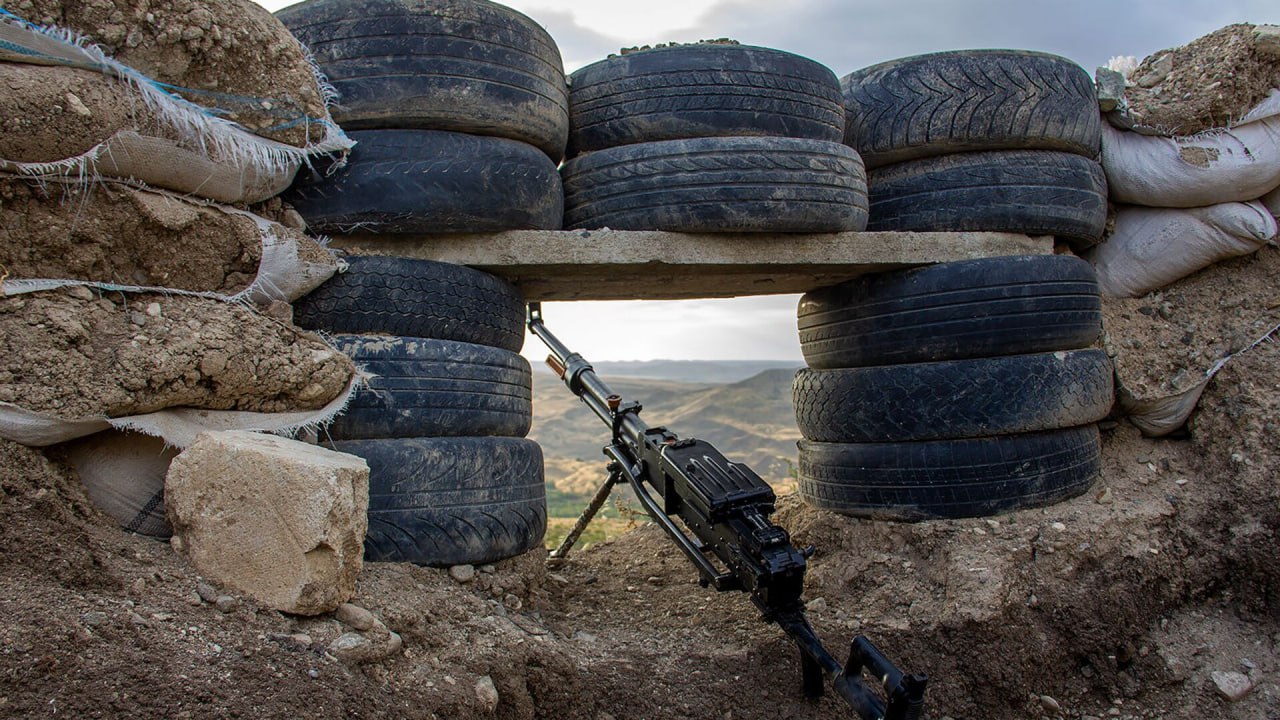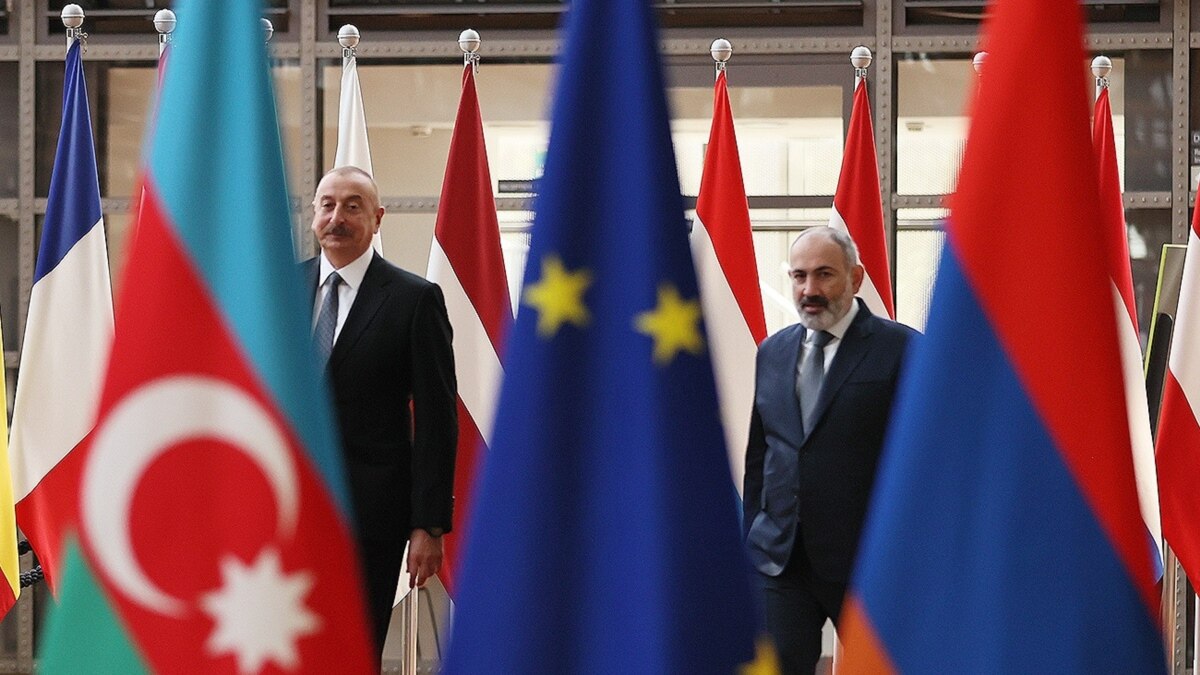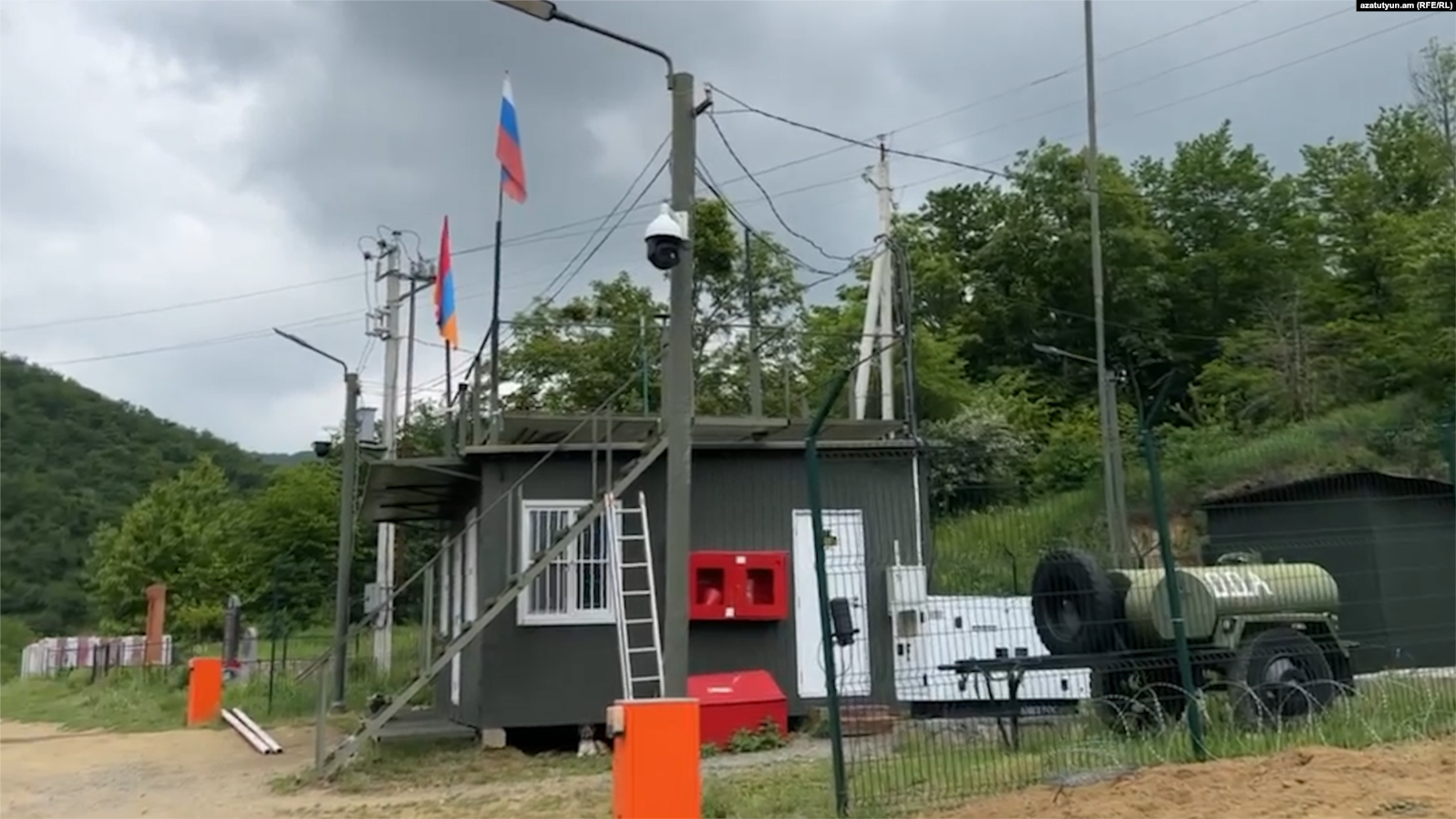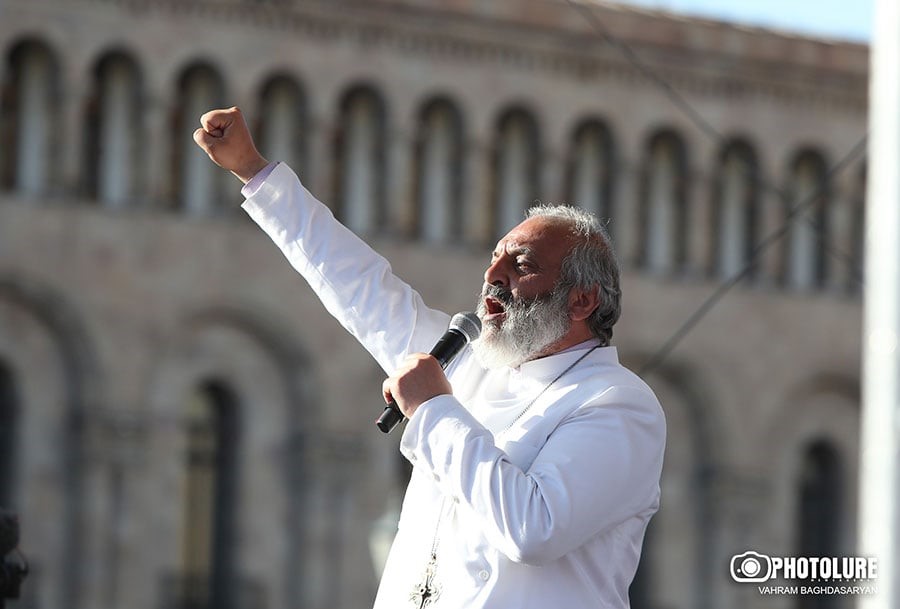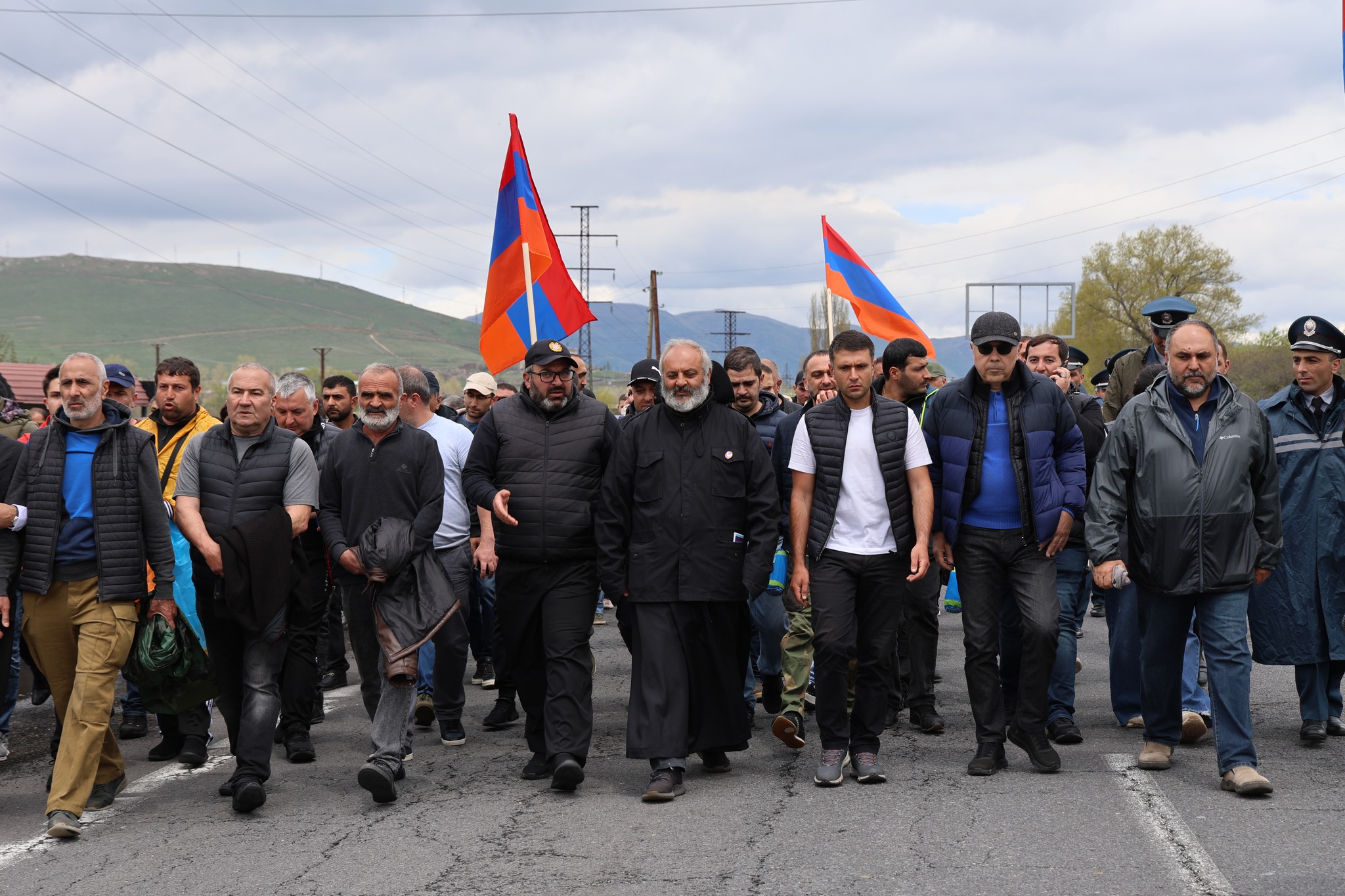‘We understood something horrible was happening, but we were not scared’
Murad Nabiyev, owner of Art Garden creative space in Azerbaijan’s western city of Ganja talks about the shelling of the city in October 2020 during the second Karabakh war:
“On the afternoon of October 4, I came to open the cafe as usual. I went down to put things in order in the basement. Our bartender Kepez and the cleaning lady were busy upstairs. When I heard the rumble, I thought at first that they had destroyed something up there. I went up to the courtyard, and at the same time the bartender came out there.
– What did you drop down there?
– I didn’t drop anything.
And then it dawned on me.
– Kepez, it was an explosion.
I was taught from childhood that the safest place in the house is the doorway. So the next blows we stood in the basement under the arch.”
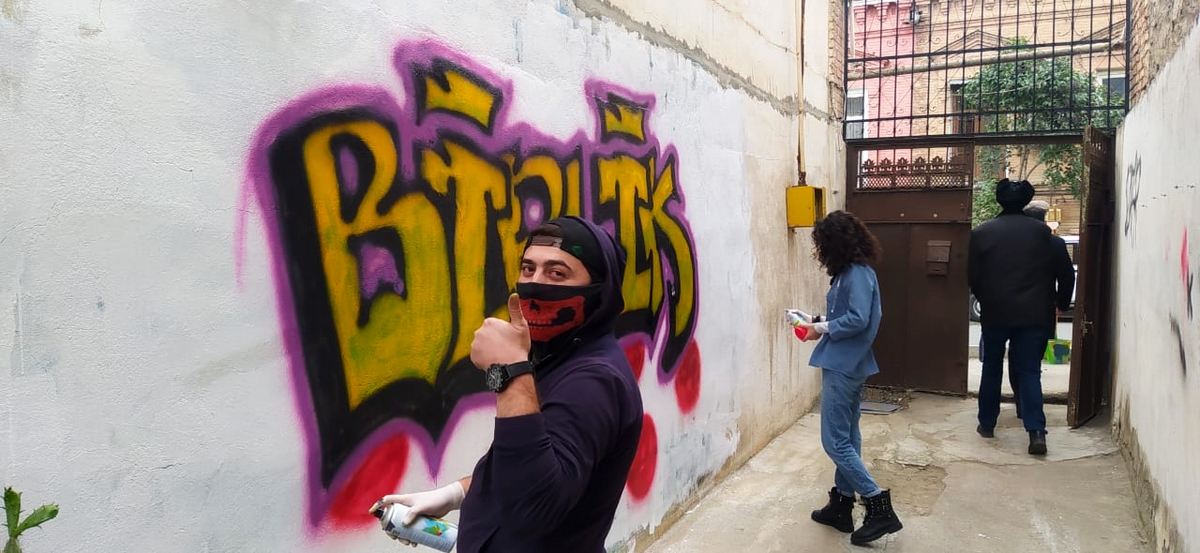
Murad Nabiyev, 32, is the owner of the Art Garden creative space in the city of Ganja in western Azerbaijan. In October 2020, during the war in Karabakh, Ganja came under rocket fire from the Armenian army several times. The strikes fell mainly on residential areas, killing 32 civilians, including children, and injuring dozens.

“When the shelling ended, we went outside to look around. The city was in chaos, of course. Everyone was confused – both ordinary people and the police. We went to the puppet theater, which stands in the center by the river. Several houses and cars were also damaged there. They did not let us near, so we looked on from afar. I remember one woman crying like a baby. I remember a burned down car. It all seemed incredible. But then we still thought that this was an isolated case. And when a few days later the shelling was repeated, everyone was seriously scared. Many began to leave the city or send their wives and children to safety. Usually taxis drove to Baku for 50 manat, now the price had jumped to 150. And that’s even if you can find a taxi.
None of us left – neither I, nor most of my friends with whom we work at Art Garden. Intellectually, we, of course, understood that something horrible was happening – war, missiles, people were dying – but we were not afraid. Quite the opposite. To be honest, it was even exciting. A powerful surge of adrenaline. It felt like we were in a movie. Perhaps because we are young, we have no families, no children, no responsibility. And besides, we are positioning ourselves as progressive creative youth, we are engaged in the cultural development of the city. It would be a shame to fall apart in such a situation. What would people say?
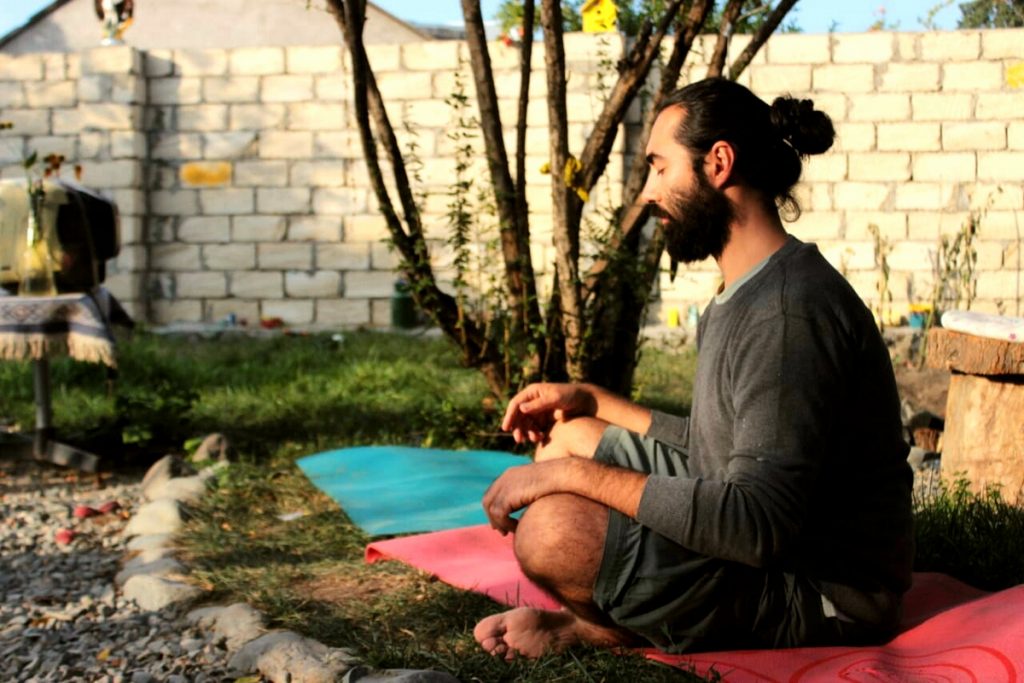
I only left for three or four days. My cousin went through a lot of stress, he needed to unwind, and we went on a short trip by car, went to Baku, Sheki, Lankaran. Once in the capital, I realized how far Bakuvians are from the war with all its horrors. Yes, of course, news from the front was broadcast everywhere, people discussed what was happening in cafes, restaurants, on the streets. In many families, sons had been sent to the front, some died. But all the same, neither in Baku, nor in other large cities where we visited, the war did not feel the same as in Ganja. We had a completely different atmosphere there, much more depressing.
In those days, Ganja seemed to have died out. Some had left, others were scared, the streets were empty, almost everything was closed, no one knew what will happen next, what to do. That’s how the whole of October passed.
And even after the war ended, we could not return to normal life for a long time. More precisely, to a normal way of thinking. For example, a small business like ours. We couldn’t advertise on social media as usual. Some kind of self-censorship has appeared. So many dead, so much grief – how can you write about coffee and entertainment? Once we made an announcement of an event about studying abroad, they showered us with abuse in the comments. Only after a few months did everything return to normal. And we began to hold concerts again only in February 2021. And during the war, two charity fairs were held. We sold local hand-made items, and with the proceeds we helped soldiers and injured families from different cities.
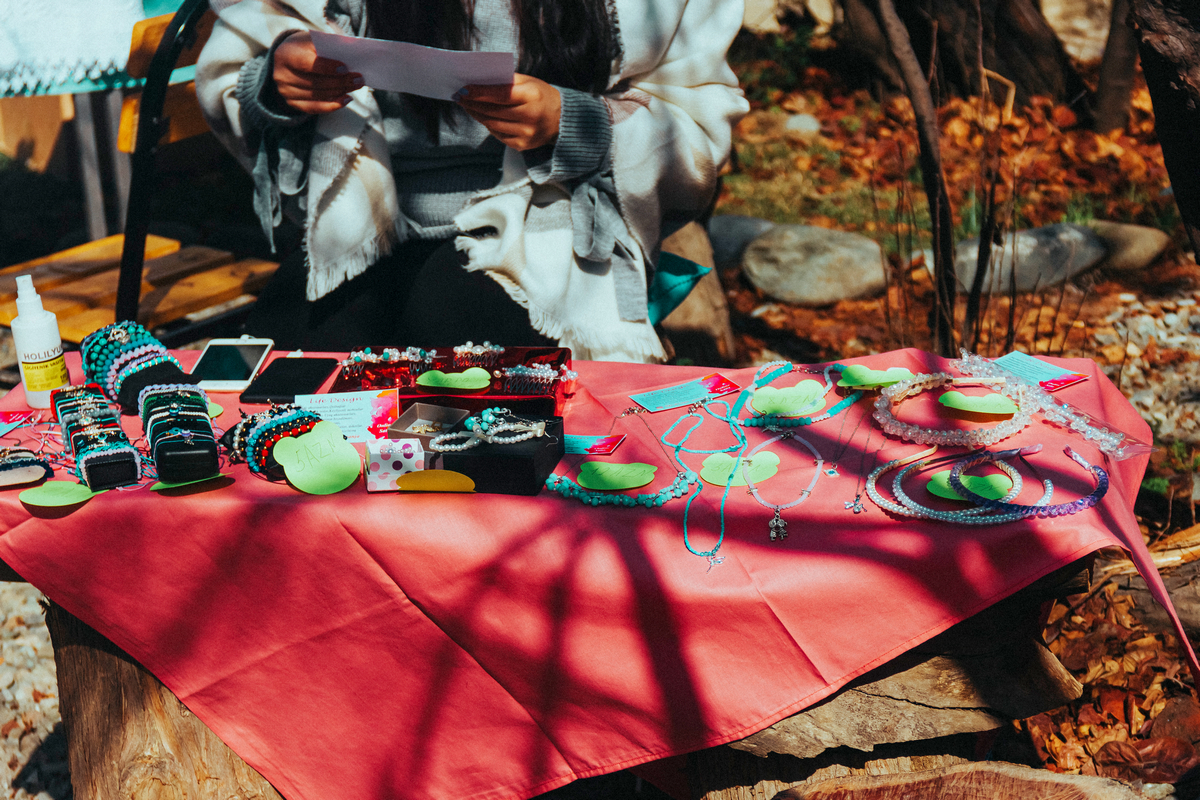
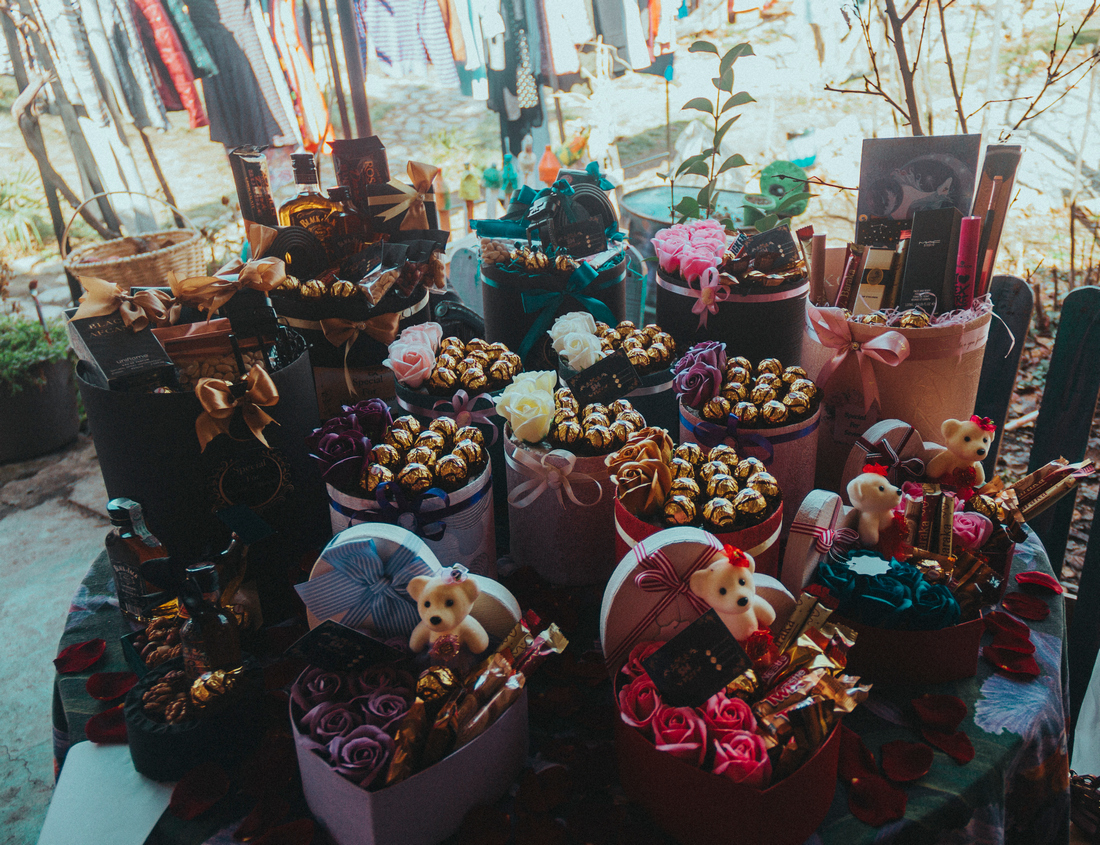
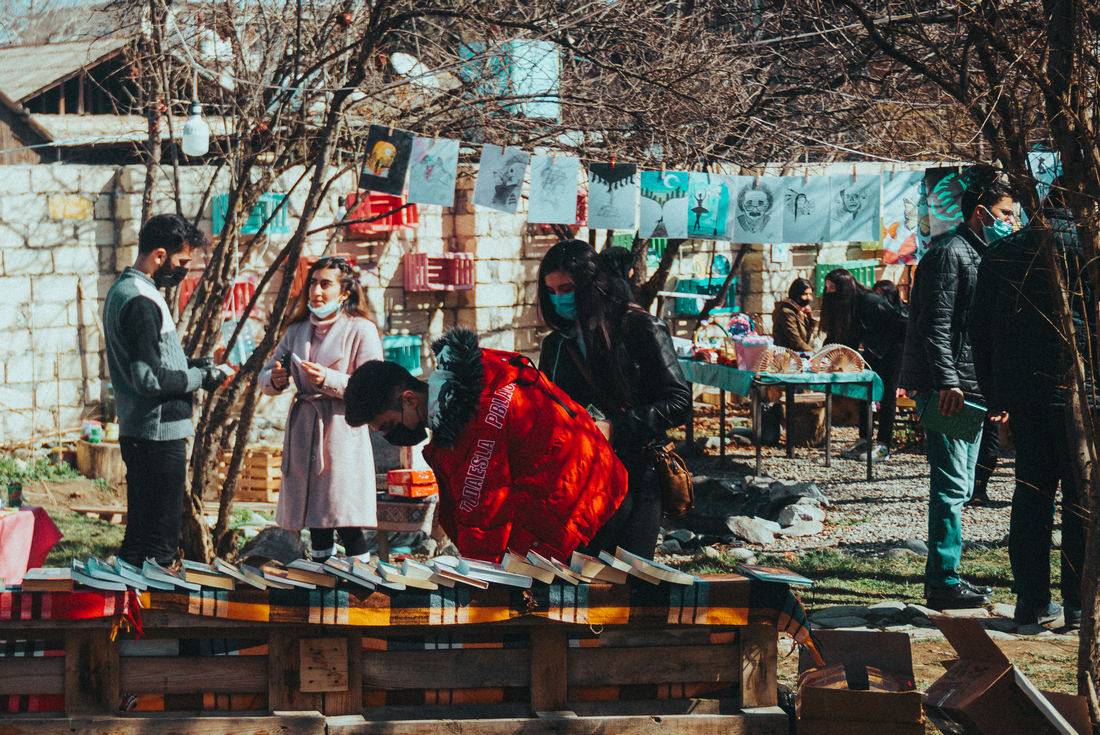
But against the backdrop of all this, I noticed two positive changes. First, people have become more united and attentive to each other. They began to talk more often about life, about something deeper and more important than just everyday affairs and problems. And the criterion of respect has also changed. In our country, after all, the most respected are officials, police officers and the like. People with power and authority. And then the respect of society shifted to ordinary soldiers, privates. The guys from the poor, for the most part, families who risked their lives for all of us. And this respect – as opposed to respect for every rank – was sincere.”
Trajectories is a media project that tells stories of people whose lives have been impacted by conflicts in the South Caucasus. We work with authors and editors from across the South Caucasus and do not support any one side in any conflict. The publications on this page are solely the responsibility of the authors. In the majority of cases, toponyms are those used in the author’s society. The project is implemented by GoGroup Media and International Alert and is funded by the European Union



